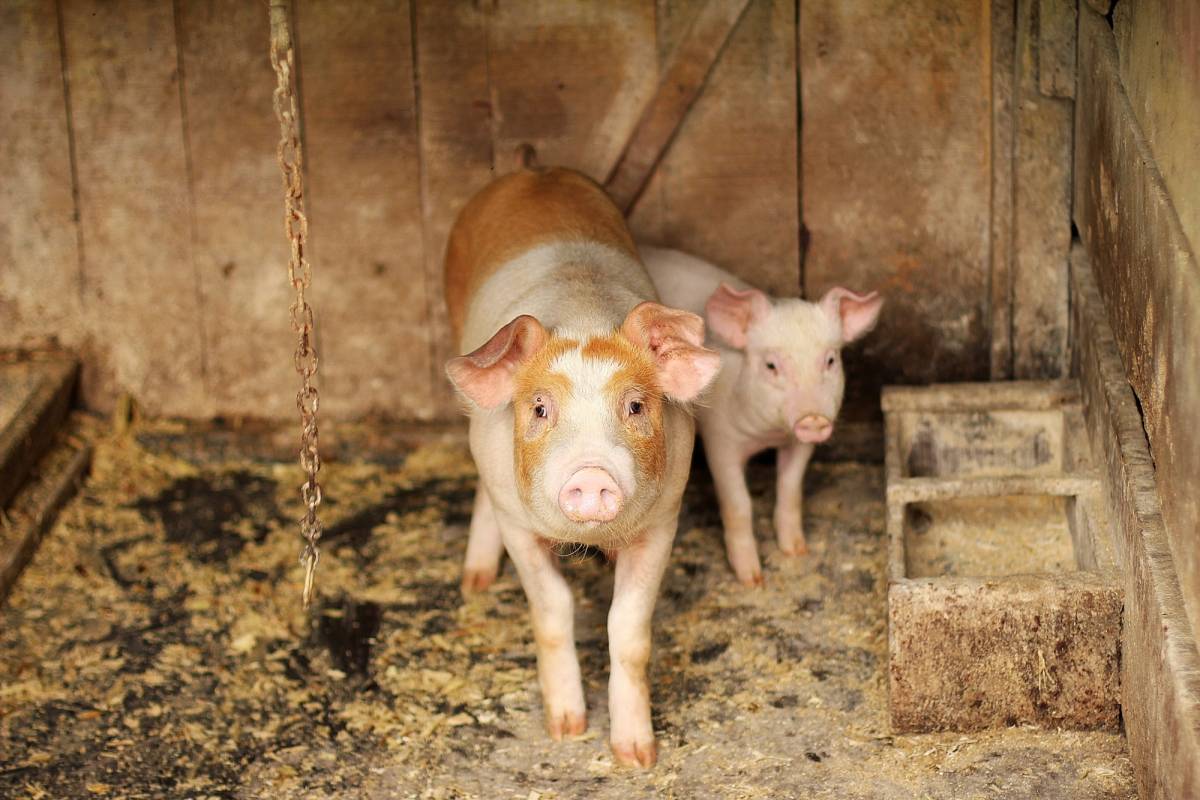MRSA, which originated probably due to widespread antibiotic use in pig farming, doesn’t cause disease in pigs….reports Asian Lite News
A highly antibiotic-resistant strain of the superbug methicillin resistant Staphylococcus aureus, or MRSA, which emerged in pigs in the last 50 years, has the potential to spread to humans, finds a new study.
MRSA was first identified in human patients in 1960. Due to its resistance to antibiotics, it is much harder to treat than other bacterial infections. The World Health Organisation now considers MRSA one of the world’s greatest threats to human health.
MRSA, which originated probably due to widespread antibiotic use in pig farming, doesn’t cause disease in pigs.
The strain, called CC398, has been associated with increasing numbers of human infections, in people who have and have not had direct contact with livestock.
“Historically high levels of antibiotic use may have led to the evolution of this highly antibiotic resistant strain of MRSA on pig farms,” said lead author Dr Gemma Murray, from the Wellcome Sanger Institute.
“We found that the antibiotic resistance in this livestock-associated MRSA is extremely stable — it has persisted over several decades, and also as the bacteria has spread across different livestock species,” she added.
According to researchers, the ongoing reductions in antibiotic use on pig farms — due to recent policy changes — are likely to have a limited impact on the presence of this strain of MRSA in pigs because it is so stable.
“Cases of livestock-associated MRSA in humans are still only a small fraction of all MRSA cases in human populations, but the fact that they’re increasing is a worrying sign,” said Dr Lucy Weinert, from the University of Cambridge’s Department of Veterinary Medicine.
Intensification of farming, combined with high levels of antibiotic use in livestock, has led to particular concerns about livestock as reservoirs of antibiotic-resistant human infections.
In the study, published in the journal eLife, the researchers reconstructed the evolutionary history of two particular mobile genetic elements called Tn916 and SCCmec that confer antibiotic resistance in MRSA, and found they have persisted in a stable way in CC398 in pigs over decades. They also persist when CC398 jumps to humans — carrying with them high levels of resistance to antibiotics commonly used in farming.
In contrast, a third mobile genetic element called PhiSa3 – which enables the CC398 strain of MRSA to evade the human immune system a” was found to have frequently disappeared and reappeared over time, in both human-associated and livestock-associated CC398. This suggests that CC398 can rapidly adapt to human hosts, the researchers said.













